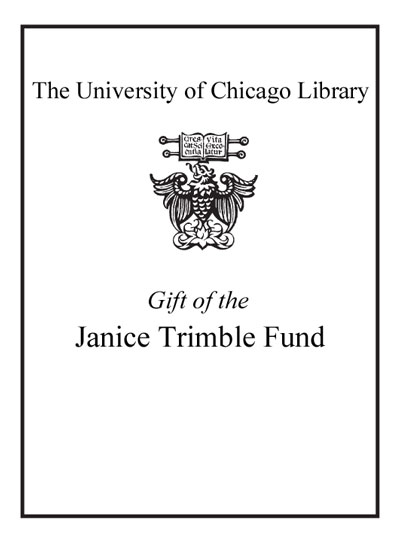Review by New York Times Review
The bonds that link the characters in these winning stories aren't just "invisible," as the book's title suggests, but unconventional as well. There's the gay couple in "Two Gentlemen From Brussels" who become entangled in the lives of two strangers after secretly co-opting their marriage ceremony: As Geneviève and Eddy exchanged vows at the altar of the Sainte-Gudule Cathedral, the men secretly did the same at the back of the church. Across the decades that follow, these "two gentlemen" observe and meddle in the lives of their wedding mates from a distance, with interesting results. In "The Dog," perhaps the most affecting of the five stories, a Holocaust survivor named Samuel Heymann tells of what lies behind his lifelong devotion to his dog, a Beauceron named Argos. Correction: his dogs Argos. As a local café owner explains, "Every time one of his Beaucerons dies, he buys a new one and calls it Argos." It was the very first Argos that Heymann believes saved his life when it appeared outside the fence at Auschwitz not long before the camp's liberation. "He had looked at me with the same interest and the same impatience as he had looked at the guards," Heymann explains. "I had forgotten I was a person.... He had restored my dignity." Schmitt, who is also a playwright and novelist, has appended a "writer's diary" to this collection in which he reveals the genesis of some of the stories and offers up a taste of his own philosophy of life. It may be true, as he says, that moralists make bad novelists (and presumably bad short-story writers as well) : "When they try, they bring to their reproduction of reality a coldness, a clinical attitude, a dissection of living matter that reeks of the laboratory." But these are most definitely morality tales - the kind you can even imagine reading aloud - and they're not bad at all.
Copyright (c) The New York Times Company [February 25, 2015]
Review by New York Times Review

